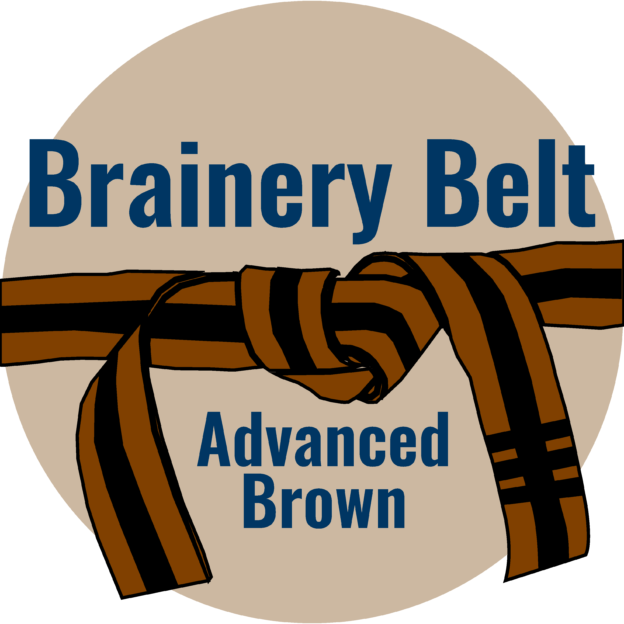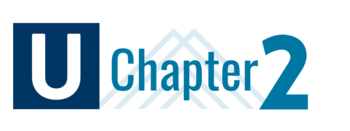
David Cutler
Member
Forum Replies Created
-
Points: 31,883Rank: UC2 Brainery Advanced Brown Belt III

@Doug McLean you could try reaching out to Liz Larsen as I believe she posted recently that she is presenting.
-
Points: 31,883Rank: UC2 Brainery Advanced Brown Belt III

You get the honor of the first post @Vince !
I’m still at the office so I’ll keep by reply brief.
Looking forward to some interesting discussions.
Dave
-
Points: 31,883Rank: UC2 Brainery Advanced Brown Belt III

This might be worth trying @matt-hackman
1. Starting with a grid draw a series of 1 ft horizontal and vertical “sawcut” lines. Maybe start with a 10 X 10 grid
2. Select them all and group them together
3. Add this group as a custom tool
4. Paste this group over your area as needed
5. Select and ungroup your markup
6. Select the pieces that fall outside your cut demo area and delete them.
7. Select all again and group the remaining pieces.
A lot comes down to how accurate you want to be. You could work with 6” long segments or 5 ft. You could also extend or add filler pieces to dial it in.
-
Points: 31,883Rank: UC2 Brainery Advanced Brown Belt III

I tried this once I got in front of my computer this morning and it seems as if it could work well with some refinement @matt-hackman
A couple of additional notes:
1. Draw you sawcut gridlines in 1 ft (or smaller) segments of one perimeter measurement (polyline may work also). You can then “split all” to get the individual segments.
2. Draw you grid line once and then copy paste it to increase your grid size. Once you have a 10 ft x 10 ft grid copy that group and replicate it quickly to cover large areas.
3. Leave the bottom and right side piece out so that when you place your duplicate group next to it you don’t double up on the matching edge.
4. The “lasso” tool works great for selecting the segments that you want to remove (thank you @Vince for introducing me to this tool!), though it takes a bit of practice.
Curious to hear what everyone thinks of this idea/how it can be improved!😎
-
-
Points: 31,883Rank: UC2 Brainery Advanced Brown Belt III

Thank you for the clarifications @Vince
I’ll have to pay more attention to the layers the next time that I combine documents. Most of the PDFs I receive don’t have the native layers available. I wonder if perhaps this is the reason why?
-
Points: 31,883Rank: UC2 Brainery Advanced Brown Belt III

Very interesting question @Vince Unfortunately I don’t have much experience with Layers. My initial thought is that it may be as simple as a setting checkbox that indicates “preserve existing layers when combining” buried somewhere in the preferences – though you probably would have found this by now…
A couple of follow up questions:
1. Are you “overlaying” the pages from separate documents or simply adding another 10 pages to an existing document?
2. Are you using “sets”? (If so I’m probably of no use to you as I don’t use them.)
3. If you are using sets do you have the same issue if you simply combine two documents into 1 PDF file?
4. Is part of the issue that the layer names are the same in both documents?
Ready to watch to see what other post and learn from them… 😎🍿
-
Points: 31,883Rank: UC2 Brainery Advanced Brown Belt III

That’s a good question @Vince that I’m not sure on how to answer. I’d have to work out how to match the options that I select to the already established item numbers in our estimating software. I expect that this could be done with some sort of lookup table or power query, but frankly I’m not sure where to start with this…
-
Points: 31,883Rank: UC2 Brainery Advanced Brown Belt III

Thank you for your suggestions @Doug McLean & @Vince
Being organized with your custom tools is important. I dream of a rolling, multi drawer tool cabinet to keep all my mechanics type tools in. What I have is a 40 year old metal box with everything in it (I know that 3/8″ socket is in there somewhere). My Revu toolbox is somewhere in between. I use custom tool chest (26 at this point) and the majority of my tools have a 4 digit “item” code included in their “subject” column. As long as I take the time to sort new tools into their numerical order when I make them this works pretty well.
A couple of additional features would be helpful in the Tool Chest:
1. Ability to sort by “subject” or “label”
2. Ability to manage the columns in the Tool Chest – I don’t need to see the “Comment” column at this point. I can make it smaller, but I can’t remove it
3. Ability to search for a specific tool
One of these days I will build out the toolset completely to match our items listing for our estimating system (I don’t have item 6090 Water Main – 12″ D.I.P CL52 for example). I’ll switch all of the “perimeter” measurements to “poly-lines” (so that I can use the rise/drop feature) and I’ll get everything organized (think of the foam cutouts that have a spot for every wrench). Until then I’ll do my best to remember where I set that tool down.🙂
-
David Cutler
MemberJune 21, 2022 at 3:44 pm in reply to: Hyperlink with Snapshot – How to keep link if moving file to different locationPoints: 31,883Rank: UC2 Brainery Advanced Brown Belt III
I’ll preface this by saying that I don’t have experience setting up/updating links.
Are links classified as markups? If so, I wonder if you could display the link values in a column on the markup list. You then might be able to change them as a group?
-
Points: 31,883Rank: UC2 Brainery Advanced Brown Belt III

I usually find the answer to my questions about 5 minutes after I post them @Doug McLean 😎
I keep posting them though so others can learn. Thank you for posting your solution!
-
Points: 31,883Rank: UC2 Brainery Advanced Brown Belt III

Always good to start with the end in mind @Doug McLean
Seems as if I’ve heard someone say that before…😎
-
Points: 31,883Rank: UC2 Brainery Advanced Brown Belt III

@Roye it appears that there are two options to reply:
1. The “reply” button at the start of the thread
2. The “reply” button that pops up when you hover over a reply. This is what I used for this reply so it appears “indented”.
I hadn’t noticed this myself on other replies that I’ve made. Thank you for mentioning it!
Dave
-
Points: 31,883Rank: UC2 Brainery Advanced Brown Belt III

I think I may have a work around for you @Vince
I found that I have the same issue with some plot plans that I was working with yesterday. When I combined the 29 sheets the layer structure is there, but the layers only appear to be present on the first page of the PDF – they are grayed out on the other 28 pages.
So I tried this: I opened the 1st and 2nd sheets separately. I then copied the second sheet from the thumbnail view and switched back to the 1st sheet file. On the thumbnail screen I right clicked and pasted the second page into the file. This appears to have preserved the functionality of the layers. This would be a slow process with a project with 100’s of sheets, but it would get it done and preserve the functionality.
If you haven’t already done so I’d suggest reaching out to Bluebeam on this one. You may have found a bug that they haven’t come across yet…
Good luck!
-
Points: 31,883Rank: UC2 Brainery Advanced Brown Belt III

Nothing wrong with learning something new by “accident”. Seems as if I’ve heard that that is how vulcanization of rubber was discovered. That’s turned out to be pretty useful over the years….🙂
-
Points: 31,883Rank: UC2 Brainery Advanced Brown Belt III

That’s AWSOME @Vince !
Thank you for posting this. I never imagined that you would be able to grab a boundary in that way and copy the boundary. Since the cutout doesn’t have it’s own “properties” I didn’t expect that Revu would see it as a “duplicatable” markup.
Experimenting with this a bit here’s another trick to know. If you fill your cutout with another area markup and then right click on that fill in and change the order so that it is “in the back” your cutout is selectable as you noted above for coping.

